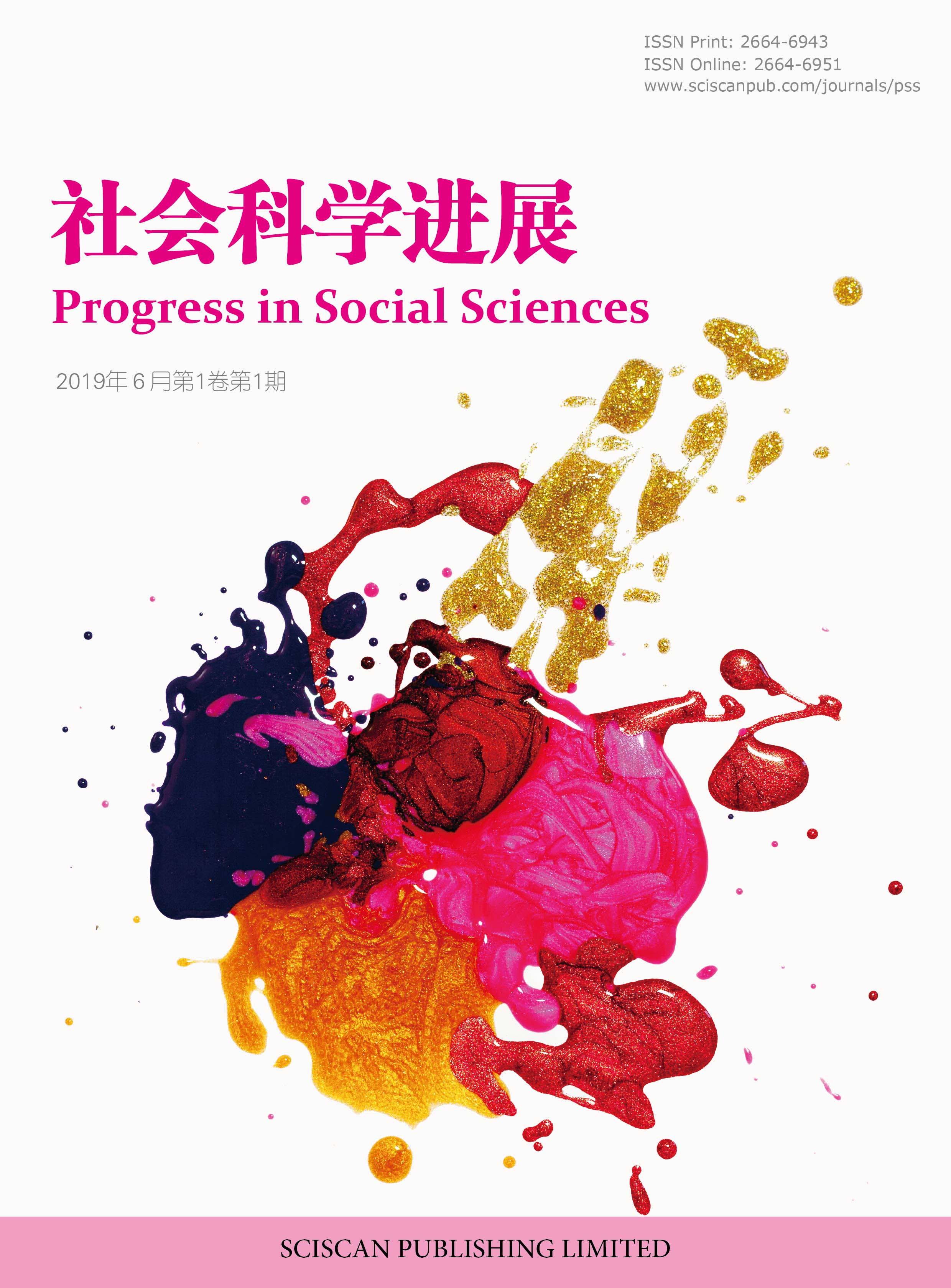Progress in Social Sciences
ISSN Print:2664-6943
ISSN Online:2664-6951
Contact Editorial Office
Subscribe to the latest published information from SCISCAN
《等待戈多》中的荒诞与出路
The Absurdity and the Outlet in Waiting for Godot
- Authors: 丁然
-
Information:
华东理工大学外国语学院,上海
-
Keywords:
Beckett; Waiting for Godot; Existentialism; Absurdity贝克特; 《等待戈多》; 存在主义; 荒诞
- Abstract: Samuel Beckett, the representative writer of absurdism, wrote the work Waiting for Godot, which reveals the mental world and the human condition of people after the Second World War.The drama demonstrates the absurdity and the meaninglessness of life as well. Samuel Beckett gives specific interpretation of absurdity, for example, the absurdity of time, memory, language and behaviour. Existentialism would help people to think about how to find a way out in the life of absurdity, which means to find the value of one’s existence and the meaning of life. The two protagonists in Waiting for Godot gradually lose their subjectivity during the long waiting. Therefore, people who wait passively for the redemption of others could not gain the value of existence, the only way is active exploration. 《等待戈多》是西方荒诞派代表作家塞缪尔·贝克特的作品,它体现了二战后西方人的精神世界和生存状态,同时也展现了人生的荒诞和无意义,贝克特在剧中具体阐释了“荒诞”这一主题,如时间与记忆的荒诞及语言和行为的荒诞。存在主义思想能够帮助人们思考人类如何在荒诞的生活中找到一条通往光明的出路,即找到自身存在的价值及人生的意义。《等待戈多》中的两位主人公在漫长的等待中逐渐失去主体性,因此被动等待他人的救赎无法获得存在的价值,只有主动探寻才能收获意义。
- DOI: https://doi.org/10.35534/pss.0406050
- Cite: 丁然.《等待戈多》中的荒诞与出路[J].社会科学进展,2022,4(6):552-559.
















